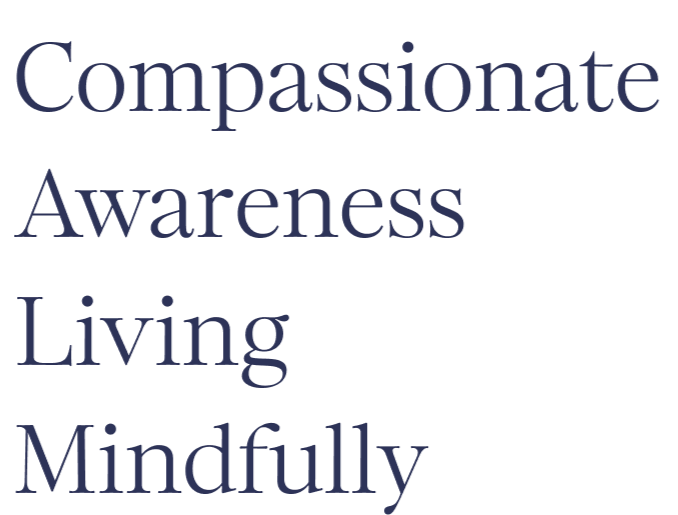
Welcome to TCU CALM Studies
Working to create a world
in which we can all flourish.
What is CALM Studies?
For more than a decade, TCU's CALM Studies initiative has been helping members of the TCU community and beyond reduce stress and anxiety, foster belonging, and work to create a world that enables all beings to flourish.
We offer innovative courses, weekly meditations, lectures open to the community, as well as one-on-one meetings through our thriving CALM Convos and CALM Buddies programs.
Contemplative Studies is a thriving interdisciplinary inquiry into, and critical reflection on, the nature and significance of contemplative theory and practice. It ranges from enduring spiritual traditions to modern neuroscience, and from ancient to contemporary practices.
CALM stands for:
Our four pillars are Belonging, Wisdom, Compassion, and Flourishing.
Belonging
Our work is dedicated to cultivating spaces that are non-hierarchical, welcoming and deeply inclusive. In our courses and programs, individuals can show up as their authentic selves, engage in deep listening, and share their stories among those who care.
Wisdom
CALM courses and programs offer the opportunity for students, faculty, staff, and members of the greater community to learn new ideas, discuss values and purpose, and mindfully explore the inner landscapes of self. This approach expands awareness, deepens understanding, and builds insight – a key dimension of wisdom.
Compassion
Our approach is one of compassion and care – taking time to learn more about the different ways in which each person faces significant life challenges from time to time and doing what we can to be present with the feelings associated with such challenges. We see this as central to nurturing respect and honoring the intrinsic of others and ourselves.
Flourishing
Naturally, there are many ways in which flourishing shows up across cultures and ecosystems. In CALM Studies we focus on the key ingredients of flourishing that are common across these differences. One way of seeing flourishing is an activity of living well. In our courses and programs, participants have the opportunity to learn more about these key ingredients along with the skills of well-being that Foster resilience - a key indicator of lasting flourishing.
Our Programs
-
CALM Convos
Free weekly sessions offering personalized mindful conversations that blend empathic dialogue with practices to foster emotional resilience.
-
CALM Buddies
Develop your meditation practice alongside a supportive small group of peers, creating lasting habits while exploring mindfulness benefits and building authentic connections.
-
CALM Talk Podcast
Engaging conversations exploring mindfulness, meditation, and contemplative living with guests who share about their own life journey, projects, and insights.
-
CALM Circle
Connecting focused cohorts of students with North Texas luminaries and changemakers featuring mindfulness practice, meaningful conversation, and deep listening.
Explore Our Courses
CALM Studies offers innovative courses which offer space to slow down, reflect deeply, and connect what you’re learning to how you want to live.
Our courses combine mindfulness, meditation, and reflective practices with big ideas from philosophy, psychology, religion, and the sciences. You’ll explore how different cultures and thinkers understand flourishing, resilience, and attention. You’ll also apply those insights to your own life, studies, relationships, and future.
Whether you’re curious about the science of consciousness, seeking tools to manage stress and distraction, or just want more meaning in your education, CALM invites you to think critically, listen deeply, and live meaningfully.
Expect interactive discussions, experiential practices, and a supportive community where your full self – mind, body, heart – is welcome. It’s a fresh way to learn, grow, and thrive both inside and outside the classroom.






